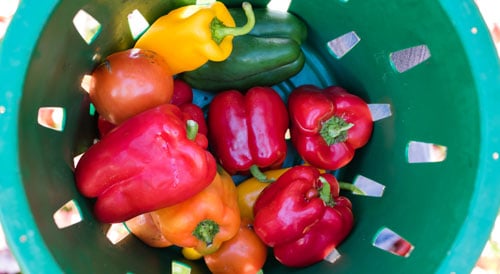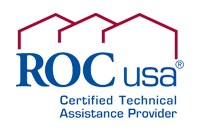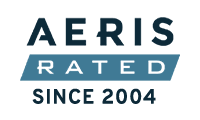
Guest blog: My summer at the Community Loan Fund
By Veronica Gassert
This summer I worked with the New Hampshire Community Loan Fund as a Sustainability Fellow through the University of New Hampshire Sustainability Institute. I conducted research to lay the groundwork for a pilot program that will help farms address climate risk through ecologically sustainable farming practices.
My project researched agricultural practices that scientists agree will reduce greenhouse gas emissions and aid in carbon sequestration. I prioritized these practices by which ones would work best for the ecosystems that Northeast farmers work within, by what would be most cost effective and by which would target the most potent greenhouse gasses first.
The options included a range of soil-management practices and solar-energy production, and I also included purely adaptive measures that would help farms remain viable during climate change.
The local farmers I surveyed said they are already implementing conservation practices as part of their production system. They reported using a range of soil-health practices such as cover cropping, reduced tillage, composting, and nutrient management plans to maximize soil biodiversity and the soil’s ability to sequester carbon. Many farmers also aspire to make more-significant changes to their businesses through participating in a community solar project or taking their farm off the grid.

These climate solutions often have many environmental, cultural, and economic benefits in addition to the primary goals of reducing greenhouse gas emissions and aiding in carbon sequestration. Although it’s difficult to measure the value of the ecosystem services that small-scale farms provide to the community, there’s no doubt that ecologically sustainable farms are good for people, animals, and the environment.
By doing this research, I was able to provide the Community Loan Fund’s Farm Food lender with recommendations on how to set up the pilot program. The Community Loan Fund plays a critical role in improving N.H. communities’ access to agricultural jobs, nutritious food, and other high-quality agricultural goods. Through its loans and education, the Community Loan Fund can connect local farms with the resources they need to remain viable during climate change.
Although my role as the Sustainable Agriculture Project Manager has ended, I feel as though I’m not leaving for good because of all that I have gained both in networking and job skills. This experience will serve me well as I look forward to applying for full-time jobs post-graduation. I am sincerely grateful to my supervisor, Charlene Andersen, for her mentorship and for the warm welcome I received from everyone at the Community Loan Fund.
Thank you to the Community Loan Fund, the University of New Hampshire Sustainability Institute, and to Bangor Savings Bank for generously supporting my fellowship.















